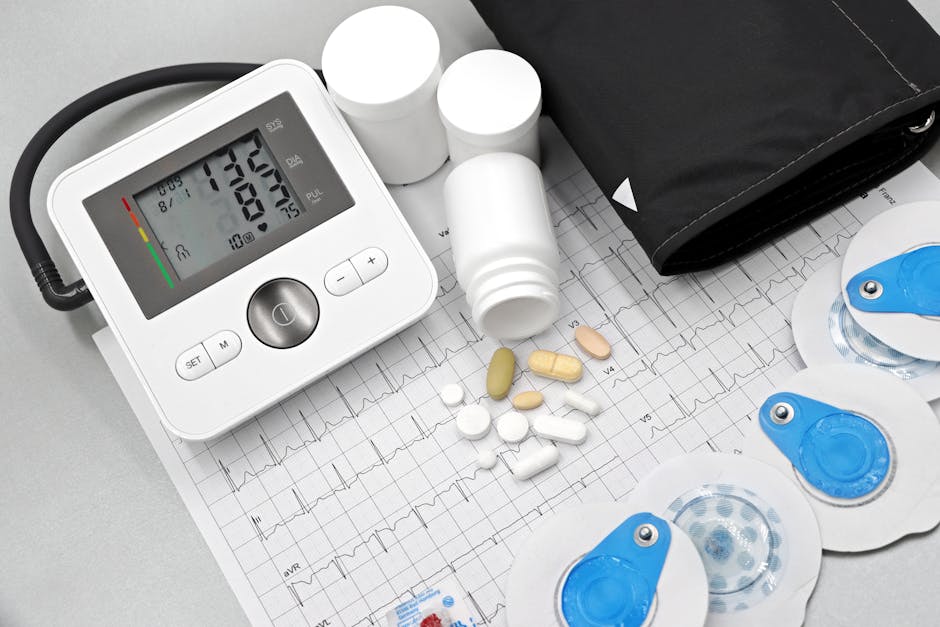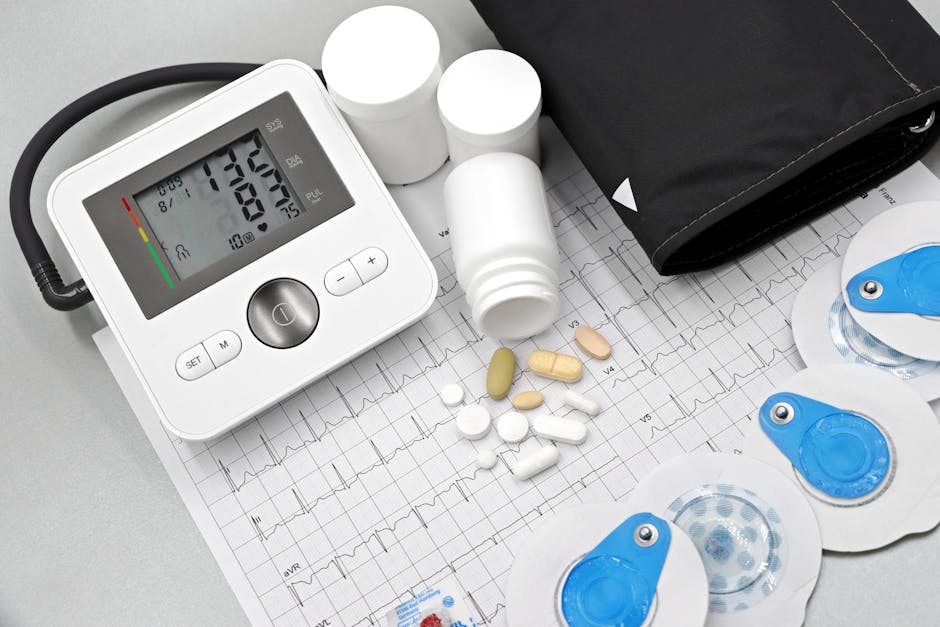GCSE Exams: The Ultimate Guide for Students, Parents, and Teachers
GCSEs (General Certificates of Secondary Education) are a cornerstone of the British education system, marking a significant transition for students. This comprehensive guide provides a detailed overview of GCSE exams, addressing key concerns and offering practical advice for students, parents, and teachers navigating this crucial period.

Understanding the GCSE System
GCSEs are nationally accredited examinations taken by students typically aged 14-16 in England, Wales, and Northern Ireland. They assess a wide range of subjects, from core subjects like English and Maths to a diverse selection of electives. The grading system has recently undergone changes, moving from letter grades (A* – G) to a numerical system (9-1), with 9 being the highest grade.

Key Changes to the GCSE System
- Numerical Grading (9-1): The shift to numerical grading aims to provide a more granular assessment of student performance, allowing for finer distinctions between abilities.
- Increased Rigor: The reformed GCSEs often involve more challenging content and a greater emphasis on higher-order thinking skills.
- Emphasis on Coursework: While exams remain central, some subjects incorporate coursework, providing students with opportunities to demonstrate their knowledge through different methods.
- Linear Assessment: Many subjects now feature a single, terminal examination at the end of the course, eliminating the modular system previously in place.
GCSE Exam Preparation: Strategies for Success
Effective preparation is crucial for achieving the desired GCSE results. Here are some key strategies students should consider:
Effective Study Techniques
- Time Management: Create a realistic study timetable, allocating sufficient time to each subject. Break down larger tasks into smaller, manageable chunks.
- Active Recall: Test yourself regularly using flashcards, practice questions, and past papers. This active recall method significantly improves memory retention.
- Spaced Repetition: Review previously learned material at increasing intervals to reinforce learning and prevent forgetting.
- Mind Mapping: Visualize key concepts and relationships between ideas using mind maps, improving comprehension and retention.
- Past Papers and Practice Questions: Familiarize yourself with the exam format and question types by working through past papers and practice questions.
Seeking Support and Resources
Students should not hesitate to seek help when needed. Utilize available resources such as:
- Teachers and Tutors: Attend extra help sessions and seek clarification on any confusing concepts.
- Revision Guides and Textbooks: Supplement classroom learning with additional resources that provide explanations and practice questions.
- Online Learning Platforms: Many online platforms offer resources and tutorials to help students prepare for their GCSEs.
- Study Groups: Collaborate with peers to discuss challenging concepts and share notes. However, ensure that you actively participate and don’t rely solely on others.
The Role of Parents in GCSE Success
Parents play a vital role in supporting their children through the GCSE process. Their involvement can significantly impact their child’s motivation and academic performance. Here’s how parents can provide effective support:
- Create a Supportive Learning Environment: Ensure a quiet study space free from distractions.
- Encourage Regular Study Habits: Monitor their child’s progress and provide gentle encouragement and motivation.
- Communicate with Teachers: Maintain regular contact with teachers to stay informed about their child’s progress and address any concerns promptly.
- Provide Emotional Support: GCSEs can be stressful. Offer emotional support and reassurance to help alleviate anxiety and build confidence.
- Avoid Excessive Pressure: While encouragement is important, avoid putting undue pressure on your child, which can have a detrimental effect on their performance.
GCSEs from a Teacher’s Perspective
Teachers play a pivotal role in guiding students through their GCSE preparation. Their expertise and support are crucial for student success. Effective teaching strategies include:
- Differentiated Instruction: Cater to diverse learning styles and needs, providing individualized support where necessary.
- Clear Expectations: Communicate clear expectations regarding assessments and grading criteria.
- Regular Feedback: Provide timely and constructive feedback on student work, highlighting areas for improvement.
- Assessment for Learning: Utilize formative assessments to track student progress and adjust teaching strategies accordingly.
- Creating a Positive Learning Environment: Foster a classroom environment that encourages active participation, collaboration, and a love of learning.
Understanding GCSE Grades and Results
The grading system for GCSEs is numerical, ranging from 9 (highest) to 1 (lowest). Understanding the grade boundaries and interpreting the results is essential for students, parents, and teachers. Grade boundaries are subject to change each year depending on the overall performance of students nationwide.

Interpreting GCSE Results
Exam boards publish grade boundaries after each examination series. These boundaries indicate the raw mark required to achieve each grade. Students should consult their exam board’s website to understand their results fully.
Beyond GCSEs: Preparing for the Future
GCSEs are a significant step, but they are not the end of the educational journey. Students should start thinking about their post-GCSE plans early on. This might involve considering A-Levels, BTECs, apprenticeships, or other vocational pathways. Guidance counselors and careers advisors can provide invaluable support in making these crucial decisions.
Conclusion
GCSE exams represent a significant milestone in a student’s academic life. By understanding the exam system, employing effective preparation strategies, and fostering a supportive environment, students can achieve their full potential and transition successfully to the next stage of their education or career.

